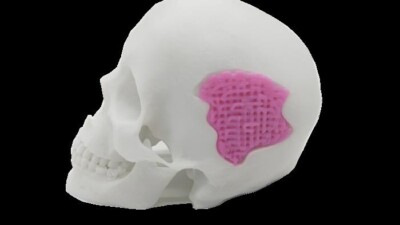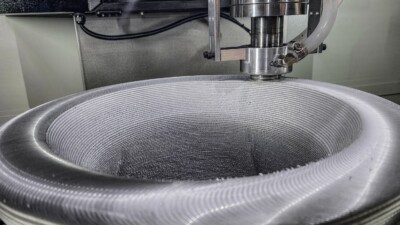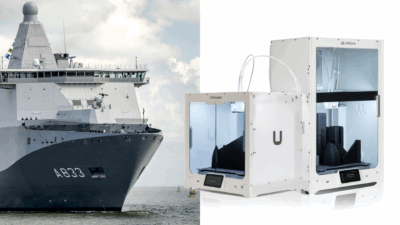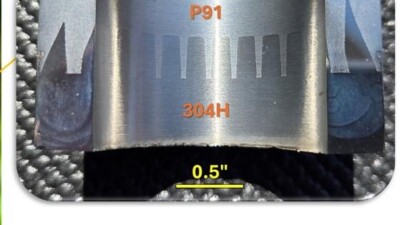Q2 2025 Financial results show 3D Systems and Materialise both down, Protolabs and Xometry post record gains.
We’re smack dab in the middle of 3D Printing Week here at engineering.com and by a fortuitous coincidence most of the big publicly traded additive manufacturing (AM) companies have just posted their second quarter financial results for this year.
Although it’s a mixed bag, there are some clear trends nonetheless, so let’s dive in for a closer look at the state of the AM market today. Here’s a little table to start us off:
| Company | Q2 2025 Revenue | Q2 2024 Revenue | % Change | Aug 13 2025 Stock Price | Aug 13 2024 Stock Price | % Change |
| 3D Systems | 94.8M | 113.3M | -16.33 | 2.36 | 2.45 | -3.67 |
| Stratasys | 138.1M | 138M | 0.07 | 9.49 | 7.19 | 31.99 |
| Materialise | 75.8M | 80.5M | -5.84 | 5.10 | 5.49 | -7.10 |
| Velo3D | 13.6M | 10.3M | 32.04 | 5.35 | 30.15 | -82.26 |
| Nano Dimension | – | – | – | 1.37 | 2.07 | -33.82 |
| Protolabs | 135.1M | 125.6M | 7.56 | 47.70 | 28.73 | 66.03 |
| Xometry | 163M | 133M | 22.56 | 47.58 | 16.28 | 192.26 |
| S&P 500 | – | – | – | 6462.67 | 5376.98 | 20.19 |
(All prices subject to the latest available data as of August 13, 2025 at 9AM EST.)
Among the five AM OEMs listed above, only one, Stratasys, has seen gains in both revenue and stock price, though the former is extremely modest. Nano Dimension, notably, has yet to announce it’s Q2 financial results for 2025 but, given the news of Desktop Metal’s bankruptcy, the numbers aren’t likely to be good. That sentiment seems to be shared by investors, as reflected in the continued decline of the company’s share value.
The biggest gain in revenue from the OEMs is from relative newcomer, Velo3D, which was founded in 2014. My initial expectation was that this increase was the result of the company’s greater emphasis on what it calls “Rapid Production Services (RPS)” but apparently the vast majority of that increased revenue comes from 3D printer sales, while the revenue from RPS is actually down slightly from 2024 ($1.36M vs $1.37M).
Velo3D attributes the increased revenue from its printer sales to both product mix and number of systems sold. The company has indeed been gaining ground in the defense sector, as well as in space-based applications, including a two-year $4M Master Services Agreement (MSA) with Vaya Space and a five-year $15M MSA with Momentus. Neverthelss, it’s worth noting that the company’s cash balance is relatively low ($0.85M), which will likely require financing or additional cost reductions to address.
But the real winners of this quarter are the on-demand manufacturers, Protolabs and Xometry, with both companies posting record revenues in Q2, growing by 7.5% and 22.5% respectively. The obvious conclusion to draw is that – unlike the majority of the manufacturing sector – on-demand manufacturers are benefiting from the uncertainties resulting from the current geopolitical climate, to wit: tariffs.
As US companies struggle to rejig their supply chains to avoid being penalized for international collaboration, (US-based) on-demand manufacturers offer a way to shore up production capacity quickly and without significant disruption. The AM industry has often touted the benefits of shortening supply chains by moving “bits, not atoms” through digital warehousing and on-demand production, and these latest figures seem to bear that claim out. Hopefully, for the industry as a whole, the OEMs will start to see benefits as well if the demand for industrial 3D printers from on-demand manufacturers increases.



